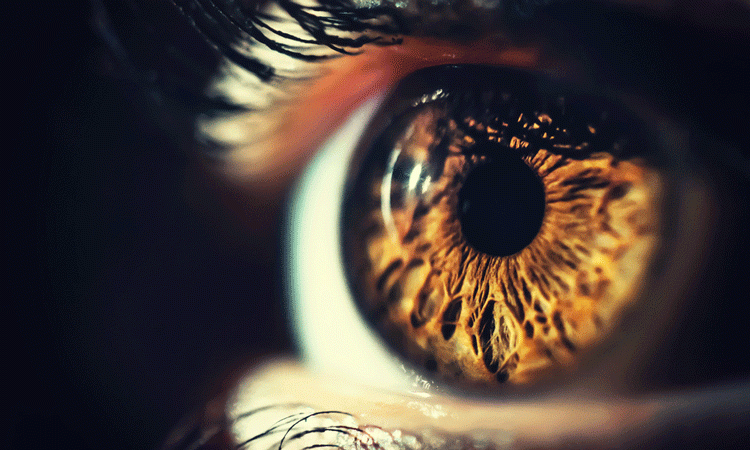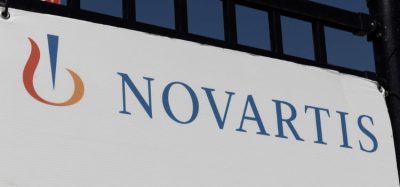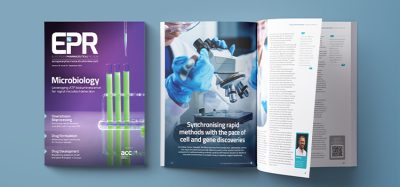NICE recommends voretigene neparvovec for use on NHS
Posted: 4 September 2019 | Victoria Rees (European Pharmaceutical Review) | No comments yet
The voretigene neparvovec gene therapy treatment has been highlighted in draft guidance by NICE for availability on the NHS.


The UK National Institute for Health and Care Excellence (NICE) has recommended a novel gene therapy treatment for a rare inherited eye disorder for use on the National Health Service (NHS).
…voretigene neparvovec improves vision and prevents the condition from getting worse”
The draft guidance endorses the Novartis drug Luxturna (voretigene neparvovec) for people with vision loss caused by inherited retinal dystrophy from confirmed RPE65 gene mutations and who have enough viable retinal cells.
The treatment is the first licensed gene therapy for this indication. The RPE65 gene provides instructions for producing a protein essential for normal vision. Current treatment is supportive care, such as the use of low-vision aids.
Director of the Centre for Health Technology Evaluation at NICE, Meindert Boysen, said: “This is a highly innovative treatment for a very distressing, inherited condition so we are pleased the company has worked with us and NHS England and Improvement to allow us to offer these families hope for the future.”
Evidence from clinical trials shows that, in the short term, voretigene neparvovec improves vision and prevents the condition from getting worse. There is no long-term clinical evidence, but the committee considered it is biologically plausible that the treatment effect is likely to continue for decades.
The list price of voretigene neparvovec is £613,410 per patient. This technology breached the Budget Impact Test, meaning it would have cost the NHS more than £20 million in one of the first three years after being introduced. However, the company has a commercial arrangement with NHS England making the treatment available to the NHS at a discount, the size of which is commercial in confidence.
Related topics
Clinical Development, Drug Markets, Drug Supply Chain, Industry Insight, Regulation & Legislation
Related organisations
National Health Service (NHS), National Institute for Health and Care Excellence (NICE), Novartis









